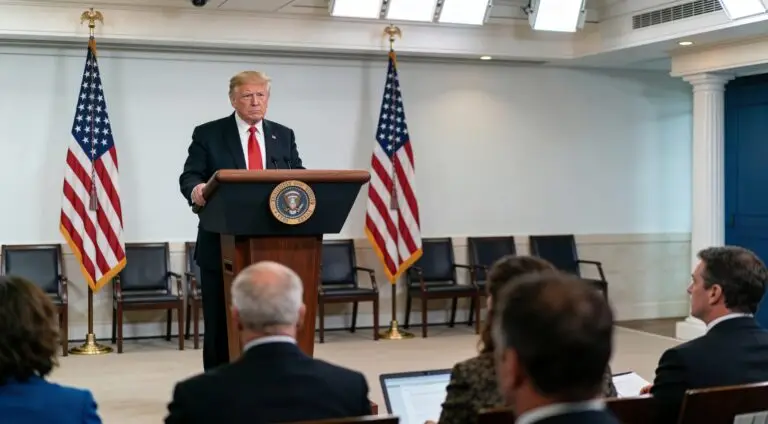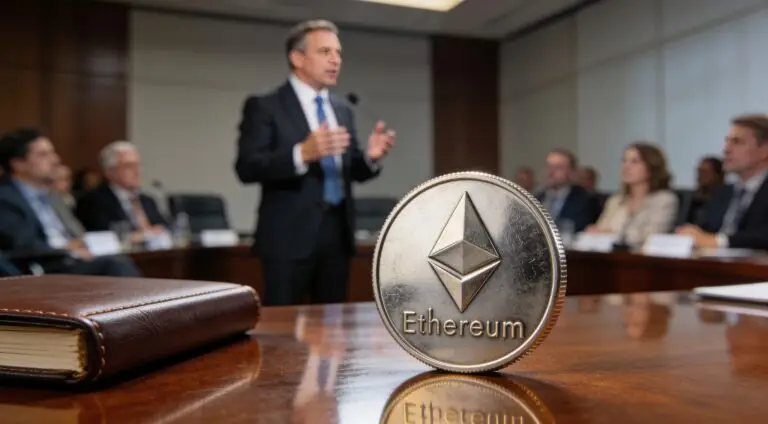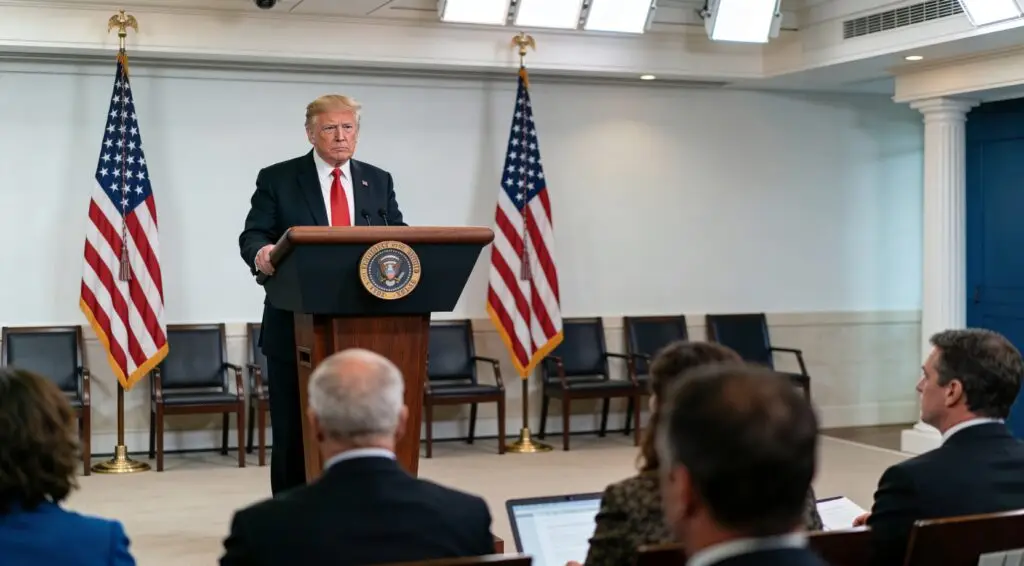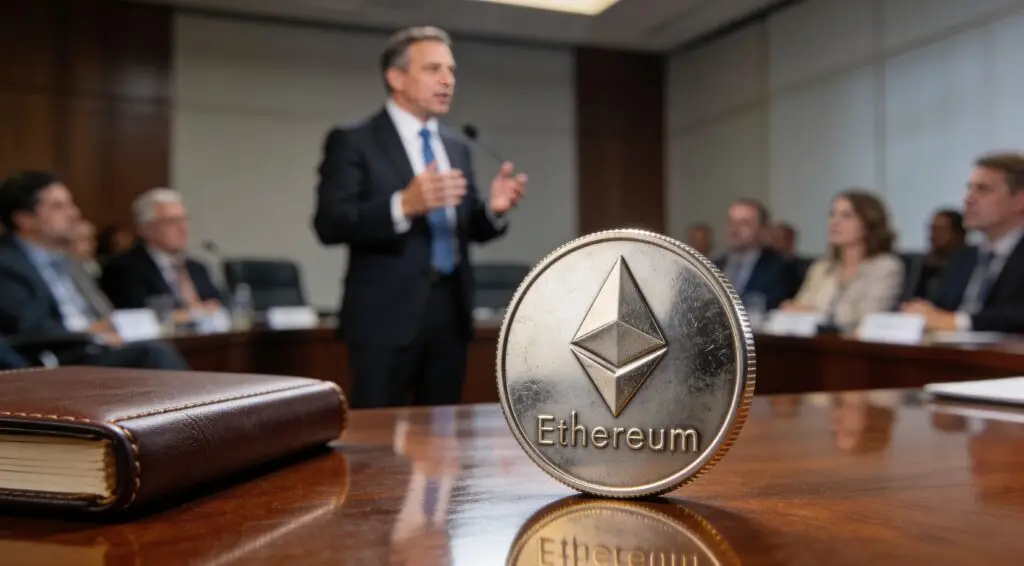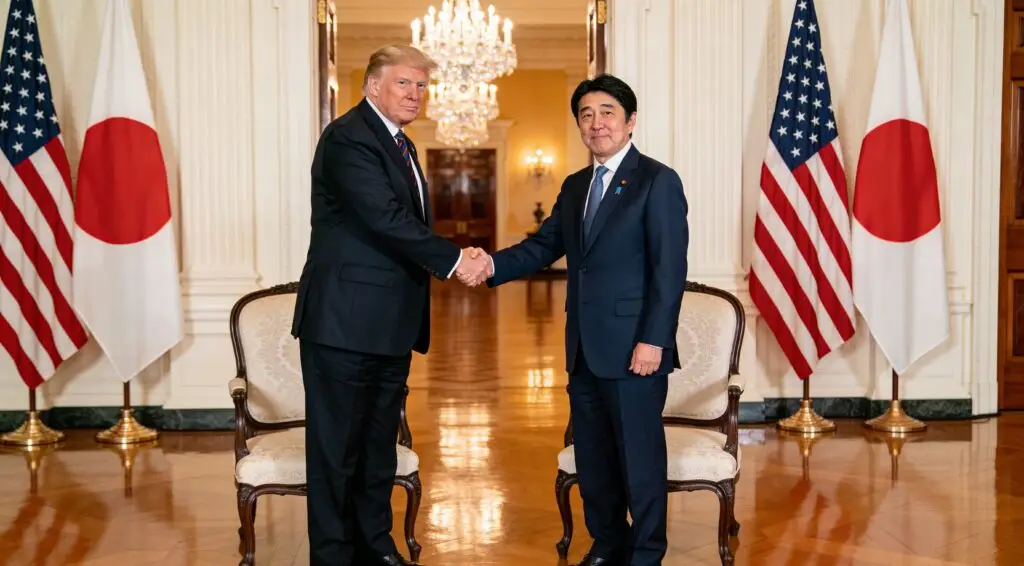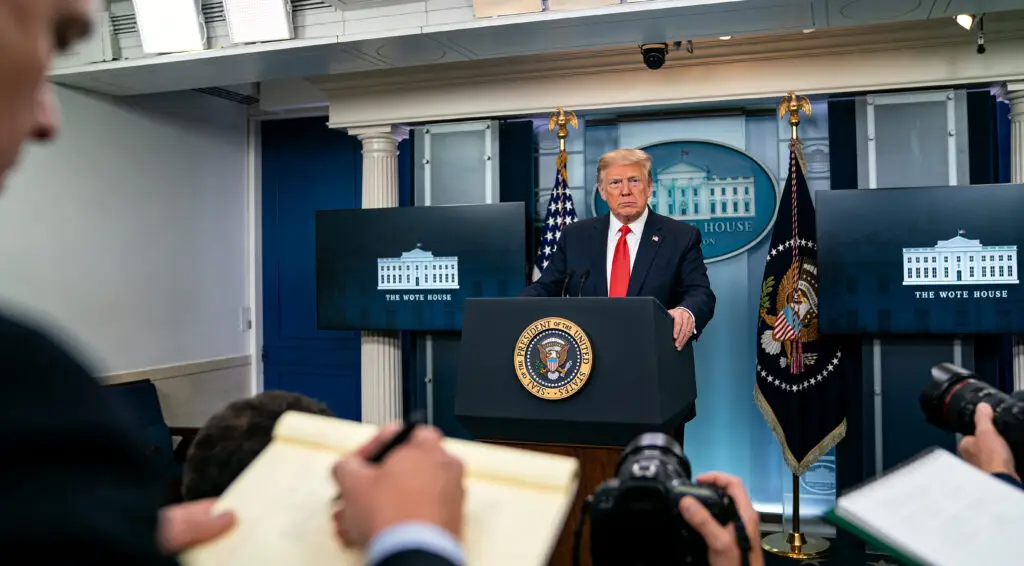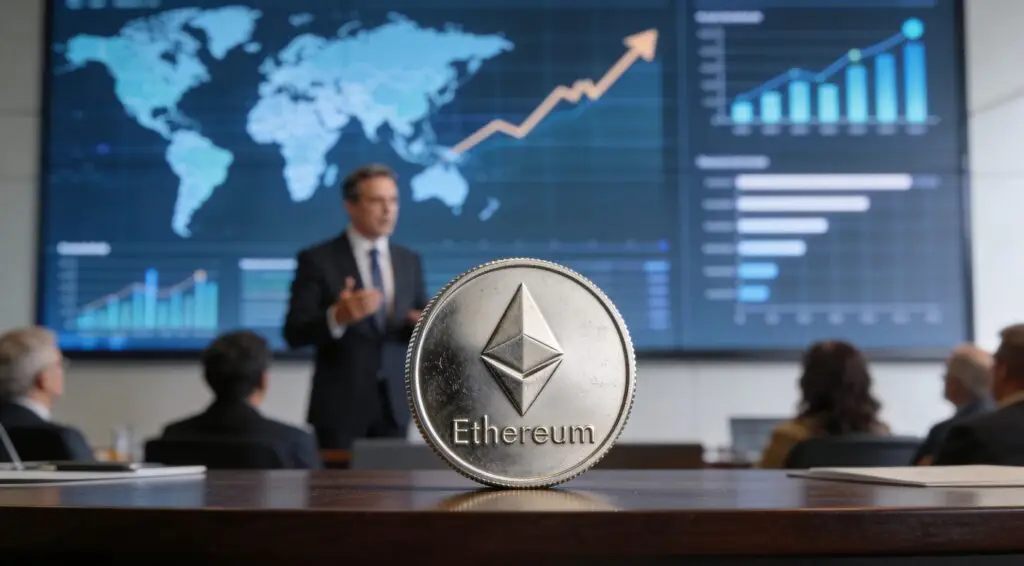Achieving gender equality in the political arena is always accompanied by enduring social obstacles. To confront this lasting challenge, UN Women organized a two-day Expert Group Meeting (EGM), which took place on April 4-5, 2025. This meeting aimed at carving out specific plans to change social norms for women’s full and effective participation in decision-making processes. Therefore, the UN brought together feminist scholars, policymakers, activists, and practitioners from various fields for this transformational gathering. This meeting was held under the WYDE | Women’s Leadership Initiative, a collaboration funded by the European Union and implemented by UN Women.
The Enduring Challenge: Social Norms and Gender Inequality
Women continue to experience great disadvantage in accessing leadership roles despite decades of international efforts and mobilization stemming from the Beijing Platform for Action and the Sustainable Development Goals. Experts at the EGM highlighted that discriminatory social norms continue to construct women’s roles in society and as a result, women lack substantive power, which continues to perpetuate structural inequalities.
An Innovative Method: The WYDE Women’s Leadership Programme
The EGM was held as part of the WYDE | Women’s Leadership Initiative, which uses a transformative approach to this problem. Its focus is on social norms change, especially those that subordinate women’s roles in community and societal affairs in political leadership. The goal is to increase women’s political participation and engagement from the local community up to the regional and global levels, especially for women who are most of the time left behind.
EU’s Commitment: Intersectionality and Political Participation
Lina Andeer, Policy Officer at the Gender Equality Unit of the International Partnerships Directorate General of the European Union, noted the European Union’s outstanding commitment to gender equality. She referred to the EU’s external Gender Action Plan III, which has «political participation as one of the six priorities» and notes the necessity of intersectionality—an approach acknowledging multilayered discrimination against women. Andeer appreciated the coverage of all levels of social norm change advocacy, from local to global, in the WYDE Women’s Leadership program.
Addressing the Focus Issues: Going Beyond the Quotas
UN Women’s Global Policy Advisor for Women’s Political Participation, Julie Ballington, explained the pitfalls of temporary special measures such as quotas. She argues that even though quotas have played an important role in increasing the political representation of women, they remain ‘shortcuts to power’ that sidestep culture and social norms that affect women on deeper levels. With the focus on social norms, the WYDE program seeks to change women’s underrepresentation at the social level.
Breaking the Boundaries of the ‘Ideal Leader’ Stereotype
The meeting participants analyzed the areas where social stereotypes operated as exclusion mechanisms to women in politics. Sonia Palmieri, Head of the Department of Pacific Affairs at ANU, advanced the thesis that the social stereotype that “men are ideal political leaders” is one of the fundamental obstacles to women’s political participation everywhere.
Great Men: The Myth of Politics
Jennifer Piscopo, Professor of Politics and Director of the Gender Institute at Royal Holloway, University of London, further discussed how national narratives often reinforce this social norm by glorifying “great men of politics.” Such narratives inform public judgment on who qualifies as a ‘viable political actor,’ which affects women’s aspirations to vie for political positions and the electorate’s decision-making.
An All-Encompassing Method: From Policy to Narrative
Policy incentives were recognized as one motivating factor, but the EGM experts amplified the need to positively challenge and portray women in politics through storytelling, representation, and countering false narratives.
Constructing Coalitions and Networks: Action Collectively
Sohela Nazneen, Senior Fellow, Institute of Development Studies, reinforced the need to support and strengthen existing networks to form more enduring cross-sectional coalitions” in order to “resist, subvert, and counter the backlash and regressive norms.”
Media’s Role: Conforming to Archetypes
Gender stereotypes in politics were the focus of discussion in a communication strategies’ panel as well as advocacy. Adosede George-Ogan, Executive Director of the Women in Leadership Advancement Network, remarked that to change the narratives, diverse and robust women leaders must be represented, arguing media, partnering organizations, and governments must work closely to tell the story.
Measuring Measurement: Evaluating Attitude Change
The discussion regarding how to measure change in social norms within politics was particularly useful. Experts discussed how they evaluate changes in social attitudes and behaviors due to the difficulty in measuring social change. The outcomes of this discussion will contribute to formative processes around crafting primary WYDE Women’s Leadership initiative messages and indicators in evaluation frameworks for defined progress on social norms transformation milestones.
The Expertise Group Meeting Outcomes will support UN Women’s continuing global aimed at the elimination of socio-cultural discrimination against women and promoting their full and equal participation in politics as citizens of the state. Through advocacy, dialogue, and evidence-based approaches, UN Women and partners work towards women not just having the right, but actively exercising the right to participate in shaping their societies.




